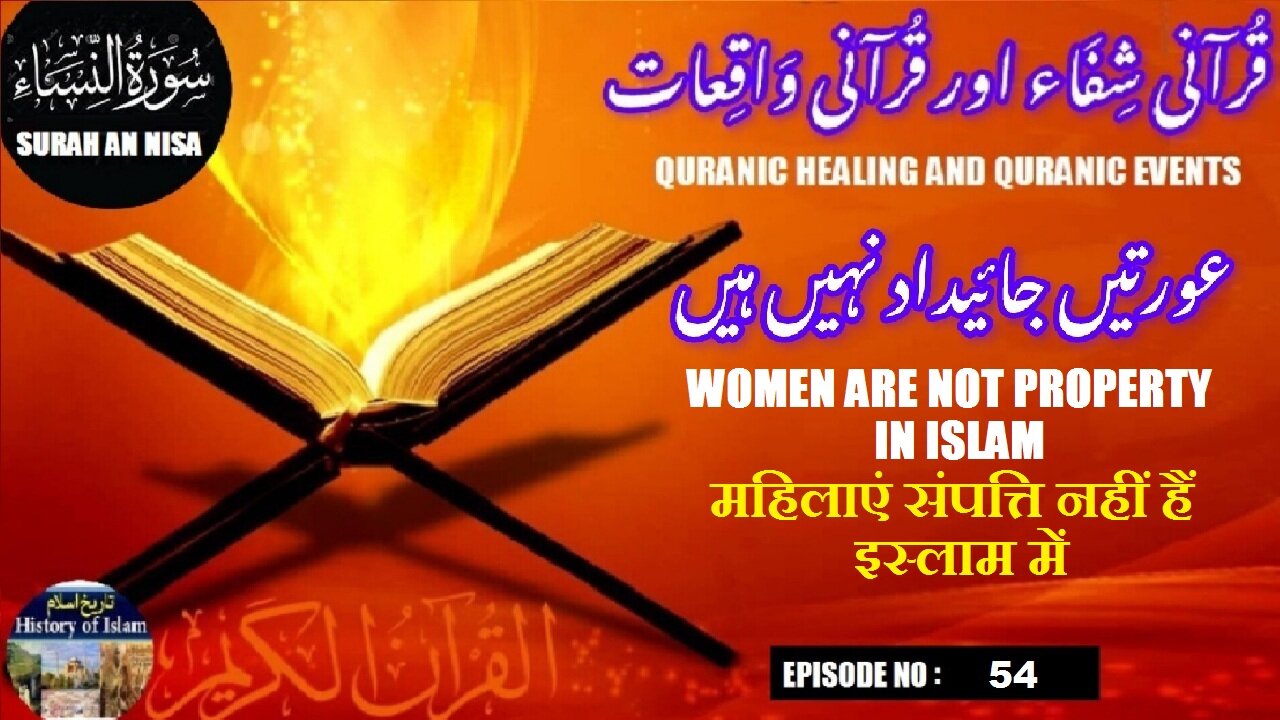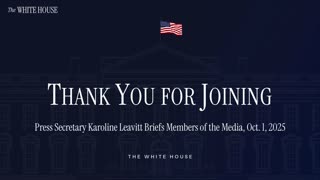Premium Only Content

Women are not property | महिलाएं संपत्ति नहीं हैं | عورتیں جائیداد نہیں ہیں
@islamichistory813 #women #are #not #property #healing #and #events #from #the #quran #historical #stories #and #events #quranicstories #selfhealing #success #stories #striking #events #in #history #quranstories, #storiesfromthequran #religious #creation #stories #trending #quran #short #historical #loves #historical #heroes #what #is #true #strength #calm #quran #recitation #for #babies #islamic #healing
Women Are Not Property: Quranic Justice in Surah An-Nisa (4:19)
Assalamu Alaikum, wa Rahmatullahi wa Barakatuhu.
Brothers, sisters, friends and elders, we are presenting the 54th episode of the Islamic informative video based on healing and events from the Holy Quran, and in this episode we will describe, Women Are Not Property: Quranic Justice in Surah An-Nisa (4:19)
Quranic Treatment of Women and Orphans: Do Not Inherit Women Against Their Will (Surah An-Nisa 4:19)
The Quran stands as a transformative scripture that redefined the rights and dignity of all human beings, particularly those who were marginalized in pre-Islamic society, such as women and orphans. One of the clearest examples of this transformation is found in Surah An-Nisa (4:19), where Allah commands: **“O you who have believed, it is not lawful for you to inherit women by compulsion...”** This verse directly challenged and condemned a widespread and dehumanizing custom of pre-Islamic Arabia—where women were treated as property to be inherited, often against their will, upon the death of their husbands. Through this powerful command, the Quran firmly established that women are not possessions to be transferred, controlled, or forced into unwanted relationships. Instead, they are individuals with full autonomy, dignity, and the right to choose for themselves.
Before Islam, it was common in Arabian culture that when a man died, his relatives—usually the brother or eldest son—would lay claim not only to his wealth but also to his wife or wives. These women were often inherited as part of the deceased man’s estate and could be married off, held without consent, or even traded. Islam abolished this practice entirely by revealing Surah An-Nisa (4:19), which prohibited the forced inheritance of women and protected their right to consent in marriage and personal decisions. This was a monumental shift, placing Islam at the forefront of women's liberation long before the modern world began to address such issues.
The command “do not inherit women against their will” also highlights a key principle in Islamic ethics: **consent and free will.** The Quran makes it unequivocally clear that marriage, remarriage, or any kind of relational or financial arrangement must be based on the woman’s consent. A woman cannot be compelled into a marriage she does not want, nor can she be retained in a relationship for the purpose of seizing her wealth or limiting her freedom. This verse, therefore, not only banned an unjust cultural practice but also laid the foundation for a broader ethical framework in Islam regarding women’s autonomy, protection, and respect.
The verse continues by advising men to live with their wives honorably and, if they dislike them, to still treat them with kindness, recognizing that what one may dislike may actually be a source of great good. This further reinforces the importance of compassion, fairness, and emotional intelligence in marital relationships. A woman’s status is not diminished by her marital status; whether as a wife, widow, or divorcee, she must be treated with dignity and justice.
In the broader Quranic context, this verse is part of a series of revelations in Surah An-Nisa that focus on restructuring social norms in a just and equitable manner. It connects to other key commands in the same chapter, such as giving women their dowries (4:4), treating orphans justly (4:10), and forbidding the consumption of others’ wealth unlawfully (4:29). Collectively, these verses demonstrate the Quran’s intent to build a society based on integrity, fairness, and the protection of the vulnerable—including women who were previously stripped of agency and orphans who had no one to defend their rights.
Importantly, Surah An-Nisa 4:19 does not merely issue a legal ruling; it also provides moral instruction. The verse appeals directly to the believers—“O you who have believed”—reminding them that these commands are not arbitrary laws but divine principles that align with faith itself. Obeying these teachings is a sign of true belief and a commitment to building a moral, just society. By tying ethics to faith, the Quran emphasizes that mistreatment of women is not only a social injustice but a spiritual failing.
Even today, this verse holds deep relevance. In many parts of the world, women continue to face forced marriages, restrictions on remarriage, and the seizure of their rights after the death of a spouse. The Quran’s teachings provide a clear framework for addressing these injustices, calling on Muslims to uphold the dignity and autonomy of women in every circumstance. Islamic scholars and reformers often cite this verse when advocating for women's rights, legal protections, and social reforms in modern Muslim societies.
In conclusion, Surah An-Nisa (4:19) stands as a landmark verse in the Quranic vision of justice and compassion. It abolished the oppressive custom of inheriting women against their will and replaced it with a divine mandate of respect, consent, and honorable treatment. It is a testament to Islam’s commitment to human dignity and a reminder that women are not commodities, but valued individuals with rights, voice, and full ownership of their lives. This command continues to serve as a moral compass for Muslims seeking to embody the Quran’s principles of justice, kindness, and respect for all, especially for women and orphans who rely on the protection of ethical and just societies.
With this, we ask for your permission until tomorrow and pray to Allah Almighty to grant us the ability to act on the Quran and Hadith, Amen
Allah Hafiz
============================
-
 7:53
7:53
ISLAMIC HISTORY
3 hours agoBiography of Al-Abbas ibn Said al-Jawhari سیرت العباس بن سعید الجوہری
1 -
 LIVE
LIVE
The Quartering
1 hour agoToday's Breaking News!
8,329 watching -
 LIVE
LIVE
Dr Disrespect
4 hours ago🔴LIVE - DR DISRESPECT - 10 WINS ON CONTROLLER - BO7 TOMORROW
2,058 watching -
 3:12:38
3:12:38
Right Side Broadcasting Network
5 hours agoLIVE REPLAY: White House Press Secretary Karoline Leavitt Holds a Press Briefing - 10/1/25
63.7K49 -
 1:20:12
1:20:12
Russell Brand
4 hours agoFrank Turek on Charlie Kirk, Faith & Today’s Battle for Truth - SF643
80.4K36 -
 LIVE
LIVE
Jeff Ahern
56 minutes agoNever Woke Wednesday with Jeff Ahern
128 watching -
 32:22
32:22
ArturRehi
2 hours agoDrone Wall, Blackouts, Assassinations — Russia Under Pressure
11 -
 1:59:29
1:59:29
The Charlie Kirk Show
3 hours agoShut It Down + End the ADL + The Baddest Bunny | Tim Pool | 10.1.2025
171K88 -
 57:39
57:39
Dear America
2 hours agoThe Government Is Closed And Netflix Wants Your Kids! + Revival Happens If We Keep Moving Forward
44.5K39 -

The White House
4 hours agoPress Secretary Karoline Leavitt Briefs Members of the Media, Oct. 1, 2025
17.5K13